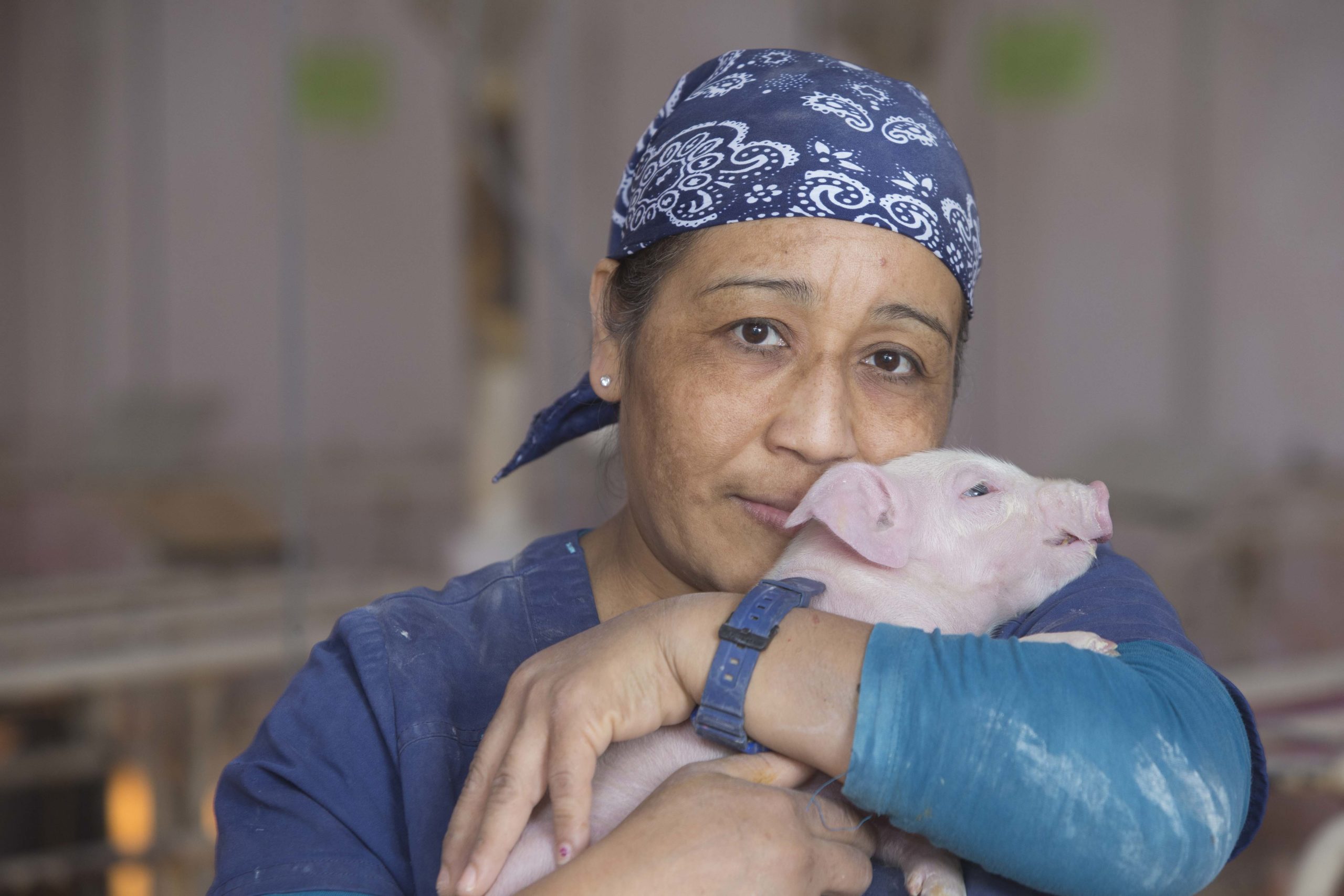Pork Production Isn’t Seasonal. Our Labor Shouldn’t Be.

U.S. pork production isn’t seasonal, and neither is our labor. It requires a hardworking and dedicated workforce on our farms and in processing plants. Unfortunately, the U.S. pork industry is suffering from a serious labor shortage that, if not urgently addressed, will constrain pork production and lead to serious challenges in our food supply chain, including increased consumer prices and food insecurity. Legislation passed today by the U.S. House of Representatives jump-starts conversation on this critical issue and is a good step towards addressing meaningful labor reform.
The Farm Workforce Modernization Act, by Reps. Zoe Lofgren (D-Calif.) and Dan Newhouse (R-Wash.), would among other provisions amend the H-2A program to allow a capped number of visas for farmworkers to work year-round. The pork industry cannot use the program for most labor needs because of its seasonal limitation.
Pork producers offer jobs with good pay and benefits, but most Americans do not live near our hog farms or harvest facilities and rural populations continue to decline, causing the U.S. pork industry to be largely dependent on foreign-born workers. We’re proud of the diversity on our farms and across the pork production chain. For many foreign-born workers, a position in the U.S. pork industry has often created opportunity to come to the country and become an integral part of their community.
Unfortunately, current visa programs fail to meet the workforce needs of pork producers and other year-round livestock farmers. The Farm Workforce Modernization Act helps to address much-needed labor reform, but changes are necessary to meet the needs of the agriculture industry. NPPC looks forward to working with Congress on efforts that both opens the H-2A program to year-round labor without a cap and provides legal status for agricultural workers already in the country.
Expanding the H-2A visa program to year-round labor will help ensure that U.S. livestock agriculture can compete globally and continue to provide safe and affordable pork to Americans and consumers worldwide.
– NPPC President Jen Sorenson